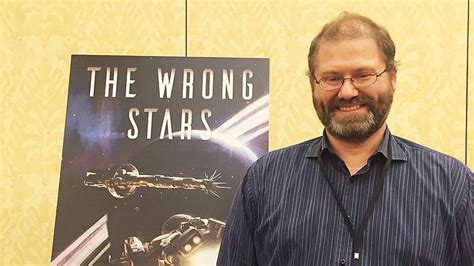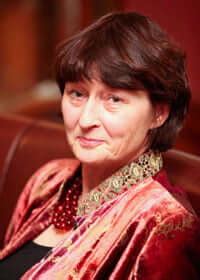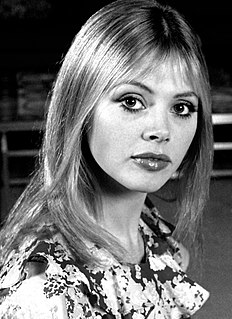A Quote by Robert Gottlieb
The man Dickens, whom the world at large thought it knew, stood for all the Victorian virtues - probity, kindness, hard work, sympathy for the down-trodden, the sanctity of domestic life - even as his novels exposed the violence, hypocrisy, greed, and cruelty of the Victorian age.
Related Quotes
You've probably heard about the theory of steam-engine time - that even after the steam engine had been invented, it had to wait until people were ready to make use of it. The same thing happens in literary circles. The truth is, I'm not terribly interested in Victorian times; I'm interested in Victorian writers. I'm interested in most eras of history, but not the Victorian Era especially. I was interested in the John Franklin Expedition. I was interested in these last five weird years of Dickens' life. And I just have to take the age that comes with all that when I write about it.
Sometimes, with portrayals of domestic violence, the women involved are just victims with no personality, just completely trodden-down. But people continue to live their normal lives: they go out; they continue to have arguments with their partners, even if there is always the fear of where that might end up.





































